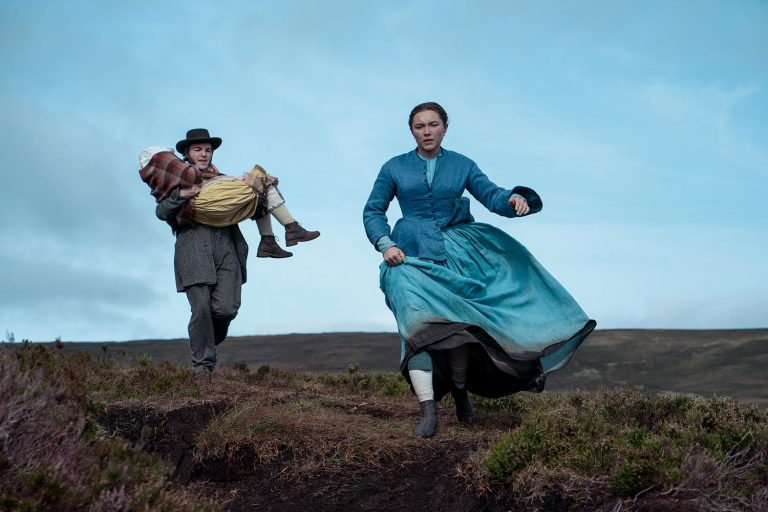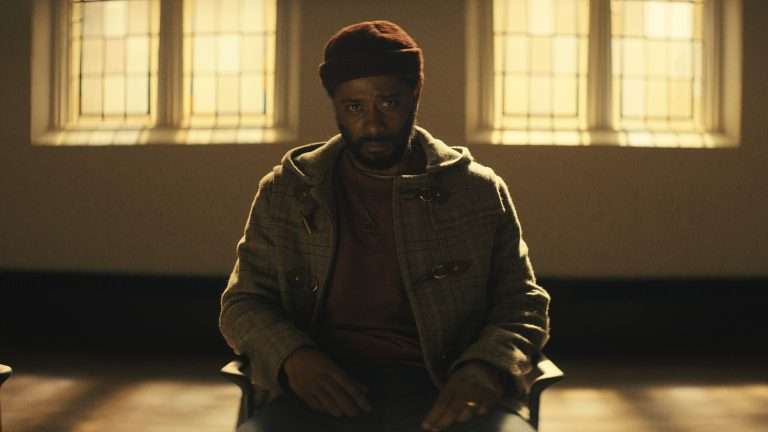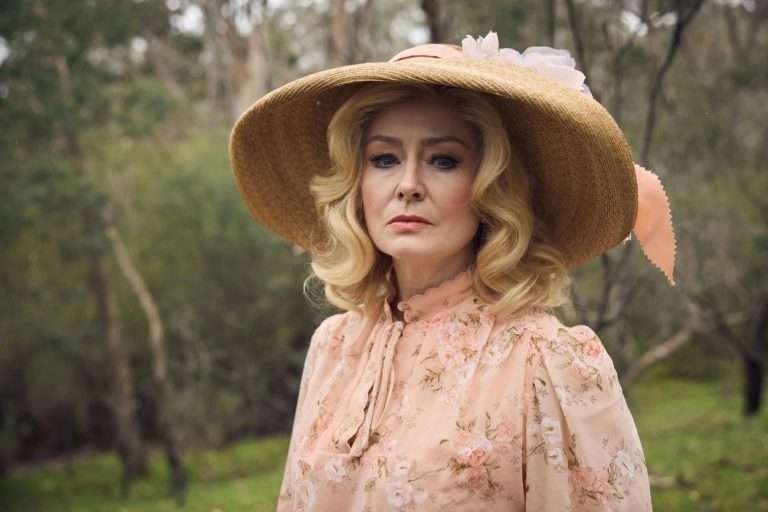Life events serve as a great location for movies. Not only do they allow a cacophony of impending chaos, but they always manage to lead toward a goal – a finale, a conclusion, or a conflict resolution. In a world where things are often left open-ended, I revel in this familiarity. They allow me to observe – sometimes sharply drawn, interpersonal characters whose struggles feel relatable and whose operation dynamic doesn’t feel mechanic. In Kenneth R. Frank’s My Sister’s Wedding, Allison (Samantha Sayah) becomes that person you truly relate to. At the same time, her inability to do things that sit right by her makes her dilemma palpable.
It all takes place on the fateful day of Tina’s (Lauren A. Kennedy) wedding. Tina is the youngest of the Valentine siblings, with Allison being a rock-solid center of this truly dysfunctional family unit. Father Al (Brian Donahue) and Olivia (Jennifer Jiles) have been separated from each other for a long while, but there’s still a lot of unresolved beef between them. When Allison wakes up unexpectedly early on the day of her sister’s non-traditional lesbian wedding, she only has one agenda – tell her father that she is leaving the family business for good.
Allison is a witty and often dramatic young woman who, in spite of being a first-person character, feels like she is constantly breaking the fourth wall. The wedding is taking place in the family’s old home, and since Tina has requested that there won’t be any guests, Allison is a little less worried. However, once her mother and father arrive, her motive to let go of her father’s business and her aim to keep the wedding a hush-hush affair both go out of the window.
Like the early morning noise that wakes her up, the day gets increasingly muddled and tense. Like Emma Seligman’s 2020 film Shiva Baby, Allison gets bombarded with one favor after another, one revelation after another. In trying to do the balancing act she has been doing all her life, the story suffocates her into putting others before herself yet again.
A slurry of other characters appear, making My Sister’s Wedding an ideal affair for some well-placed laughs. However, the laughs are pretty flat-out, and not much attention is paid to making these characters feel whole. This doesn’t just dilute the tension that could have been built around the things that keep the story afloat but also doesn’t allow us to completely revel in its predictable beats. Additionally, the direction is pretty heavy-handed, and some camera placements feel questionable.
That said, I still found myself feeling invested in the affairs of the Valentines. A big chunk of the reason has to be the truly well-done core of the gentler and more real moments in this over-the-top narrative. The film lights up whenever these characters leave the frame that is populated with too many people and get face to face with each other. I’d recommend My Sister’s Wedding because of its ability to portray people who don’t live their life but actually ‘act it’ out instead. They are playing witnesses in their own life, and the only way forward for them is to let go. The fact that director Kenneth R. Frank understands this makes this ordeal worth witnessing.








![Lookback on Lumet: The Anderson Tapes [1971]](https://79468c92.delivery.rocketcdn.me/wp-content/uploads/2018/07/anderson3-768x432.jpg)